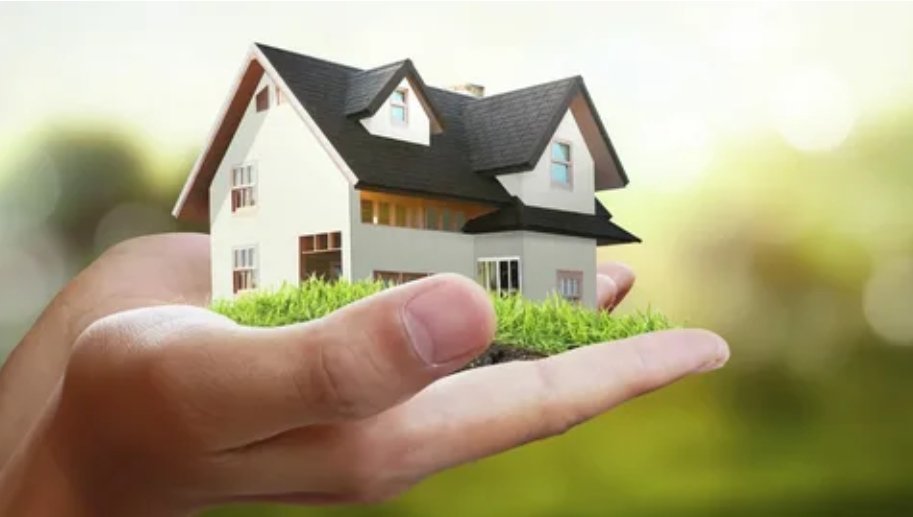Gas safety is a critical concern for anyone managing rental properties in London. The risks associated with gas leaks, faulty appliances, and poor maintenance can have severe consequences, including health hazards and potential loss of life. For landlords, ensuring gas safety is not just about fulfilling legal obligations; it’s about safeguarding the well-being of tenants and protecting property investments. This blog will explore the importance of gas safety in rental properties, the responsibilities of landlords, and the steps that should be taken to ensure a safe living environment. A professional gas safety check in London can provide peace of mind and ensure compliance with all safety regulations.
Understanding the Risks of Gas Hazards
Gas hazards in rental properties can stem from various sources, including poorly maintained appliances, inadequate ventilation, or outdated infrastructure. The risks associated with gas hazards are significant and can lead to serious outcomes such as carbon monoxide poisoning, explosions, and fires. These incidents not only pose a threat to the lives of tenants but also result in extensive property damage.
Carbon Monoxide Poisoning
One of the most insidious risks associated with gas appliances is carbon monoxide poisoning. Carbon monoxide is a colorless, odorless gas that can be fatal when inhaled in large quantities. It is often produced by malfunctioning or improperly installed gas appliances, such as boilers, heaters, and stoves. Because it is undetectable without proper equipment, carbon monoxide poisoning is particularly dangerous. Symptoms of exposure include headaches, dizziness, nausea, and confusion. In severe cases, it can lead to unconsciousness or death.
Gas Explosions and Fires
Gas leaks can also lead to explosions and fires, which are catastrophic for both tenants and property owners. A small gas leak, if left unnoticed, can accumulate to a level where it becomes highly explosive. All it takes is a spark from a light switch or an electrical appliance to ignite the gas, resulting in an explosion. Even if an explosion does not occur, gas leaks can still lead to fires that cause significant damage to the property and endanger the lives of those inside.
Legal Responsibilities of Landlords
Landlords have a legal obligation to ensure the safety of their rental properties, including compliance with gas safety regulations. Failure to meet these responsibilities can result in legal consequences, financial penalties, and, most importantly, putting tenants’ lives at risk.
Annual Gas Safety Checks
In many regions, landlords are required by law to conduct annual gas safety checks on all gas appliances and flues within the rental property. These checks must be carried out by a qualified Gas Safe registered engineer who will inspect the appliances to ensure they are functioning correctly and safely. The engineer will issue a Gas Safety Certificate, which landlords must provide to their tenants within 28 days of the inspection. This certificate is also required to be kept on file for at least two years.
Maintenance and Repair Obligations
Landlords are responsible for maintaining all gas appliances, flues, and pipework in safe working order. This includes ensuring that any repairs or replacements are carried out promptly by a qualified professional. Regular maintenance is essential to prevent the deterioration of gas appliances, which can lead to leaks or malfunctions. Tenants should also be informed about how to use the gas appliances safely and how to report any issues that arise.
Providing Safety Information to Tenants
In addition to conducting safety checks and maintenance, landlords must provide tenants with important safety information. This includes guidance on the safe use of gas appliances, the location of the gas shut-off valve, and instructions on what to do in case of a gas leak. Educating tenants about gas safety is crucial in preventing accidents and ensuring a quick response in an emergency.
The Importance of Regular Inspections and Maintenance
Regular inspections and maintenance of gas appliances and systems are key to preventing accidents in rental properties. These proactive measures help identify potential hazards before they become serious problems, ensuring the safety of both tenants and the property.
Identifying Potential Hazards
During routine inspections, qualified engineers can identify potential hazards such as gas leaks, faulty appliances, or issues with ventilation. By catching these problems early, landlords can arrange for necessary repairs or replacements before the situation escalates. Regular maintenance also extends the lifespan of gas appliances, ensuring they continue to operate efficiently and safely.
Ensuring Proper Ventilation
Proper ventilation is essential for the safe operation of gas appliances. Without adequate ventilation, harmful gases like carbon monoxide can accumulate inside the property. During inspections, engineers will check that all ventilation systems are working correctly and that there are no blockages in the flues or chimneys. This is especially important in older properties where ventilation systems may not meet current safety standards.
Updating Outdated Equipment
In some cases, outdated or obsolete gas appliances may pose a safety risk. Landlords should be proactive in replacing old equipment with modern, energy-efficient models that meet current safety regulations. This not only enhances safety but also reduces energy costs and improves the overall comfort of the property for tenants.
Educating Tenants on Gas Safety
While landlords have a significant role in ensuring gas safety, tenants also need to be educated on how to use gas appliances safely and what to do in case of an emergency. This collaborative approach helps create a safer living environment for everyone involved.
Providing Clear Instructions
Landlords should provide tenants with clear instructions on how to operate gas appliances, including how to light pilot lights, adjust settings, and shut off the gas supply in case of an emergency. These instructions should be written in plain language and made easily accessible to tenants.
Encouraging Reporting of Issues
Tenants should be encouraged to report any issues with gas appliances immediately. Landlords should establish clear communication channels for tenants to report problems, and they should respond quickly to address any concerns. Prompt action can prevent minor issues from turning into major hazards.
Installing Carbon Monoxide Detectors
Installing carbon monoxide detectors in rental properties is an effective way to protect tenants from the dangers of carbon monoxide poisoning. These detectors provide an early warning if carbon monoxide levels rise, allowing tenants to evacuate and seek help before the situation becomes life-threatening. Landlords should ensure that detectors are installed in all areas where gas appliances are present and that they are regularly tested to confirm they are functioning correctly.
Conclusion
Gas safety should be a top priority in rental properties due to the severe risks associated with gas hazards. Landlords have a legal and moral responsibility to ensure that their properties are safe for tenants by conducting regular inspections, maintaining gas appliances, and providing essential safety information. By taking these proactive steps, landlords can prevent accidents, protect the health and lives of tenants, and safeguard their property investments. For added assurance, considering a service like EICR Cert for landlord safety certificates could further enhance compliance and safety. A commitment to gas safety is not only a legal obligation but also a fundamental aspect of responsible property management, If you want to stay updated with posts like this, please follow us on ALYZE.



